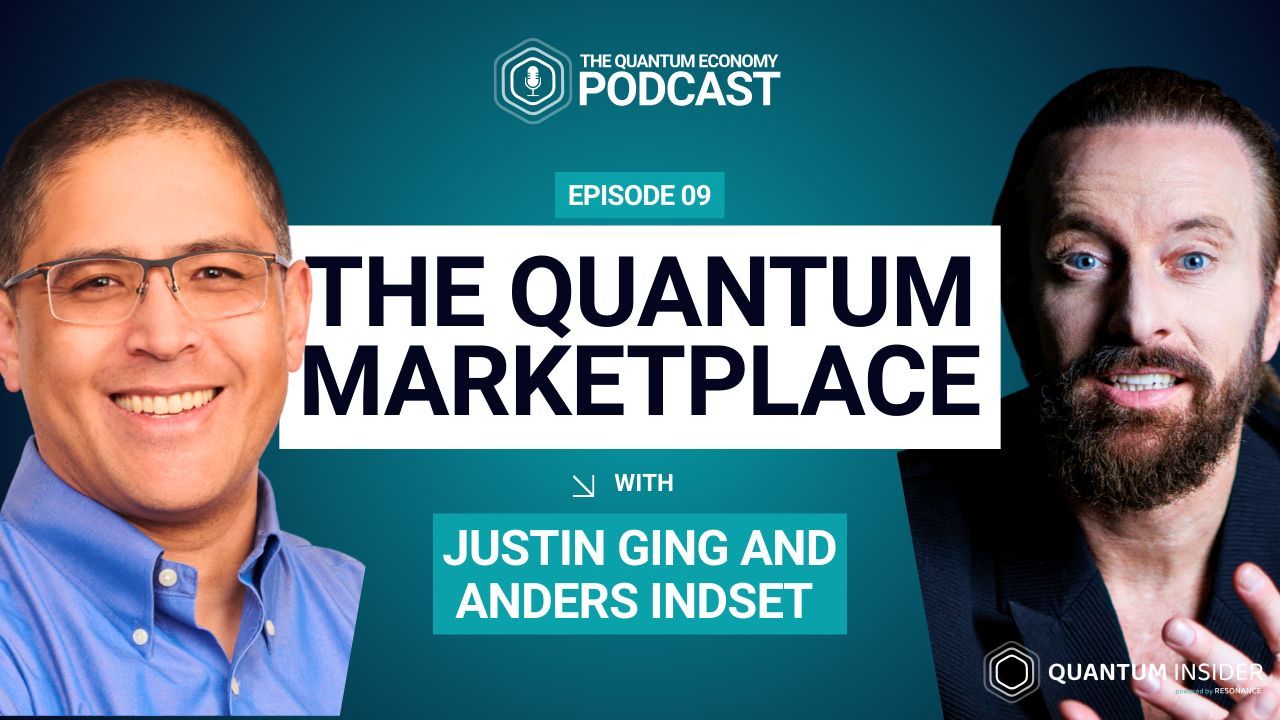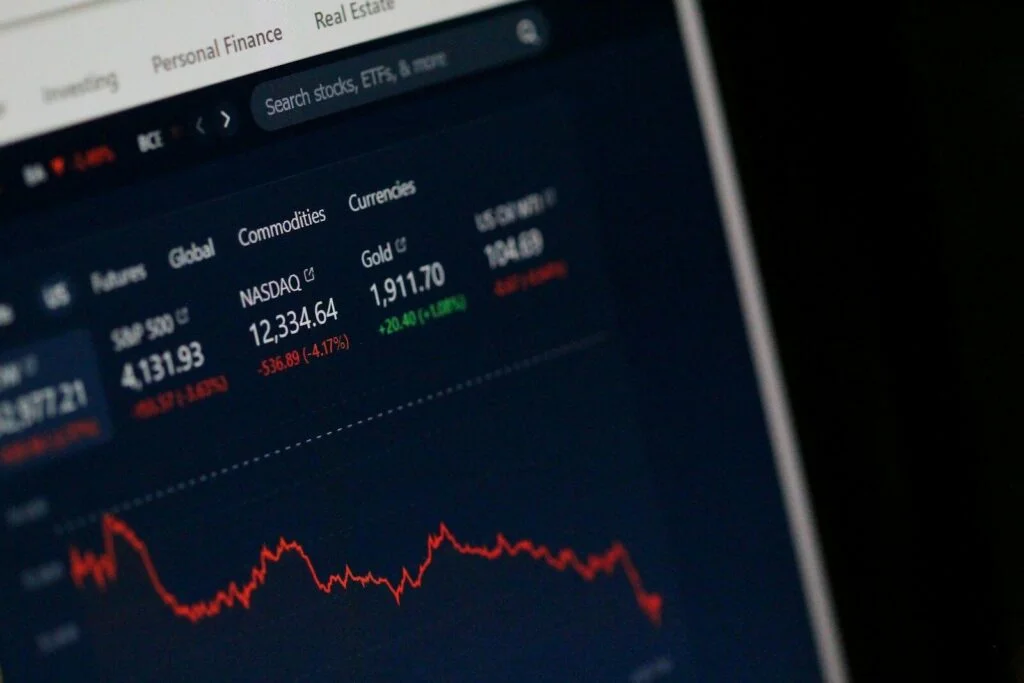Insider’s Brief:
- Anders Indset and Justin Ging explore what it takes to turn quantum science into functioning markets and economies.
- Ging explains why the shift from physical to logical qubits is the industry’s next defining step and how Atom Computing is preparing for it.
- The discussion highlights how commercialization is evolving from lab tools to sovereign systems and eventually to cloud-scale services.
- Together they examine differentiation, business models, and responsibility, from coherence times and mid-circuit measurement to export controls and sustainability use cases.
In this episode of The Quantum Economy Podcast, host Anders Indset speaks with Justin Ging, Chief Product Officer at Atom Computing, about what it will take to commercialize quantum computing and turn the latest in science into real markets. With experience spanning Bell Labs, Samsung, Honeywell Quantum Solutions (now Quantinuum), and Atom Computing, Ging offers a perspective that blends technical knowledge with the realities of scaling deep tech.
A central theme of their discussion is the shift from physical to logical qubits, which Ging describes as a defining milestone for the entire field. Atom Computing’s roadmap toward 100 and then 1,000 logical qubits reflects not only an engineering goal but also a turning point where quantum systems begin to deliver practical value. For Ging, this stage is where adoption will be tested, credibility established, and market growth determined.
The conversation also explores the emerging quantum marketplace. Quantum systems are evolving from lab-based research tools to sovereign infrastructure supporting national strategies, and eventually to cloud-based services accessible across industries. Alongside these developments, Ging stresses that differentiation is not just about technical specs—features like mid-circuit measurement, coherence times, and connectivity are critical, but so too are design, trust, and responsible marketing.

Looking ahead, Ging identifies governments, HPC centers, and industry consortia as the current drivers of demand, with applications emerging in pharmaceuticals, molecular simulation, logistics, energy, and finance. He also underscores the importance of sustainability use cases and calls for responsible progress within clear regulatory frameworks, noting that long-term value will come from balancing innovation with ethics and education.
This episode touches on:
- Why the transition to logical qubits marks a critical milestone for the industry
- How the commercialization of quantum is evolving from labs to sovereign systems to cloud services
- The importance of differentiation through technical features and brand credibility
- Why governments, HPC centers, and industry consortia are now the primary buyers of quantum systems
- Early applications in pharma, energy, logistics, and finance, with sustainability standing out
- The role of export controls and responsible marketing in shaping a net-positive trajectory for quantum
Listen and Learn
You can access this episode of The Quantum Economy Podcast on all major platforms:
- Listen on Spotify
- Listen on Apple Podcasts
- Listen on YouTube
New episodes of The Quantum Economy Podcast will be featured on The Quantum Insider. As quantum technologies evolve alongside other exponential fields, thoughtful engagement with the broader questions they raise on design, governance, value, and responsibility remains essential.
About the Host
Anders Indset is a Norwegian-born business thinker and investor known for bringing together philosophy and emerging technology. He is the author of The Quantum Economy, a book that examines how the logic of quantum computing, its uncertainty, entanglement, and probabilistic nature, can be applied to institutions and economies facing complexity and rapid change. His framework, Triangular Alchemy, proposes a new approach to organizational leadership in exponential times: balancing innovation (Forge), efficiency (Optimize), and investment (Scale) through anticipatory governance. His new book, The Singularity Paradox: Bridging the Gap Between Humanity and AI, is available now.
The podcast draws on this background while integrating real-time insights from global practitioners. It is not a promotional platform, but a curated forum for meaningful dialogue around technological transformation and human responsibility.















